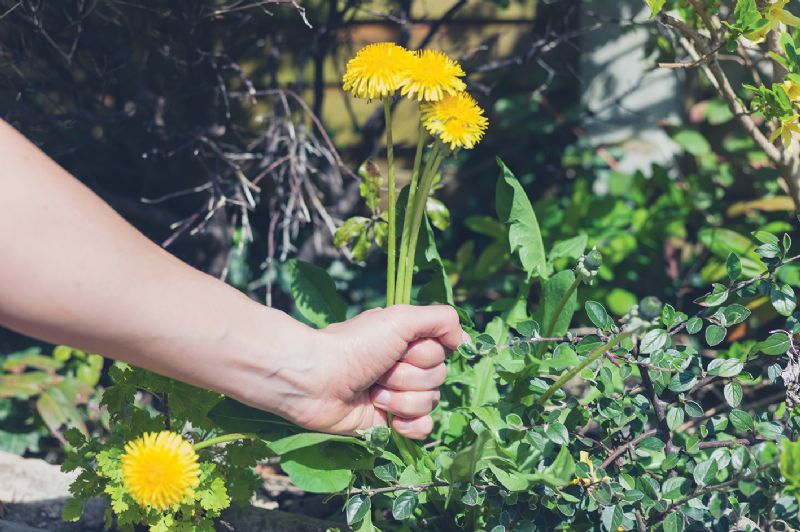- Home
- News, Articles & Reviews
We are hiring! Please click here to join our growing magazine delivery team in Gloucestershire!
Areas
Pets & Wildlife
Archive

Tidy town or weedy wonderland?
All Areas > Pets & Wildlife > Wildlife Matters
Author: Dorothy Glen, Posted: Tuesday, 25th July 2023, 09:00
Something you hear a lot is that weeds are just plants in the wrong place. But what is the wrong place? And how do you get rid of them if they are in it?
I recently saw a social media post warning people that the council were spraying weed killer locally over half term. They were concerned that children and pets might play where it was sprayed, and disappointed about the disregard for wildlife.
I was surprised that the vast majority of responses were mocking the poster for complaining about nothing, or stating a preference for a ‘nice’ looking town. Personally, I’d rather see some long grass and wildflowers than the brown chemical-burn patches we end up with.
This is in Cheltenham where I understand the borough council has been reducing the use of glyphosate – the increasingly controversial and widely available herbicide – over the past couple of years. Stroud District Council has been reducing pesticide use for 10 years, shifting to manual methods.
The Pesticide Action Network UK lists 48 towns and districts (none in Gloucestershire) which have banned glyphosate and moved to pesticide-free methods, or committed to doing so. Globally, there is a large movement to stop using pesticides. This includes a ban of all non-agricultural pesticides across the whole of France, as well as many cities across Europe, Canada and the US.
Reducing pollution and improving drainage
So what makes glyphosate so bad? There is some debate about human health concerns, which I will let you make your own minds up about. Environmentally, reducing pesticides and allowing growth reduces pollution, improves drainage, and supports our local wildlife.
I mean pollinators of course, but by allowing ‘weeds’ or areas of grass to grow longer we also provide shelter and food plants for other beneficial creatures.
These areas do get messy and can be mown or tidied without weed killer at the appropriate time of year after the flowering season (around now).
As we become more aware of the effects of climate change and the plight of our native species and beneficial insects, there seems to be a growing national trend for more wildlife-friendly spaces (I’ve noticed this locally – nice work CBC!).
Although there are clearly still people who prefer a tidy town, there is an increasing number of people who are rooting for weeds and wildflowers. If this sounds like you, check out Pesticide Free Cheltenham (on Facebook), a new group working with Cheltenham Borough Council to help phase out chemical use.
Not Cheltenham based? Have a look at pan-uk.org for more information and how to get your town involved.Other Images
Copyright © 2026 The Local Answer Limited.
Unauthorized use and/or duplication of this material without express and written permission from this site's author and/or owner is strictly prohibited. Excerpts and links may be used, provided that full and clear credit is given to The Local Answer Limited and thelocalanswer.co.uk with appropriate and specific direction to the original content.More articles you may be interested in...


© 2026 The Local Answer Limited - Registered in England and Wales - Company No. 06929408
Unit H, Churchill Industrial Estate, Churchill Road, Leckhampton, Cheltenham, GL53 7EG - VAT Registration No. 975613000You are leaving the TLA website...
You are now leaving the TLA website and are going to a website that is not operated by us. The Local Answer are not responsible for the content or availability of linked sites, and cannot accept liability if the linked site has been compromised and contains unsuitable images or other content. If you wish to proceed, please click the "Continue" button below:




